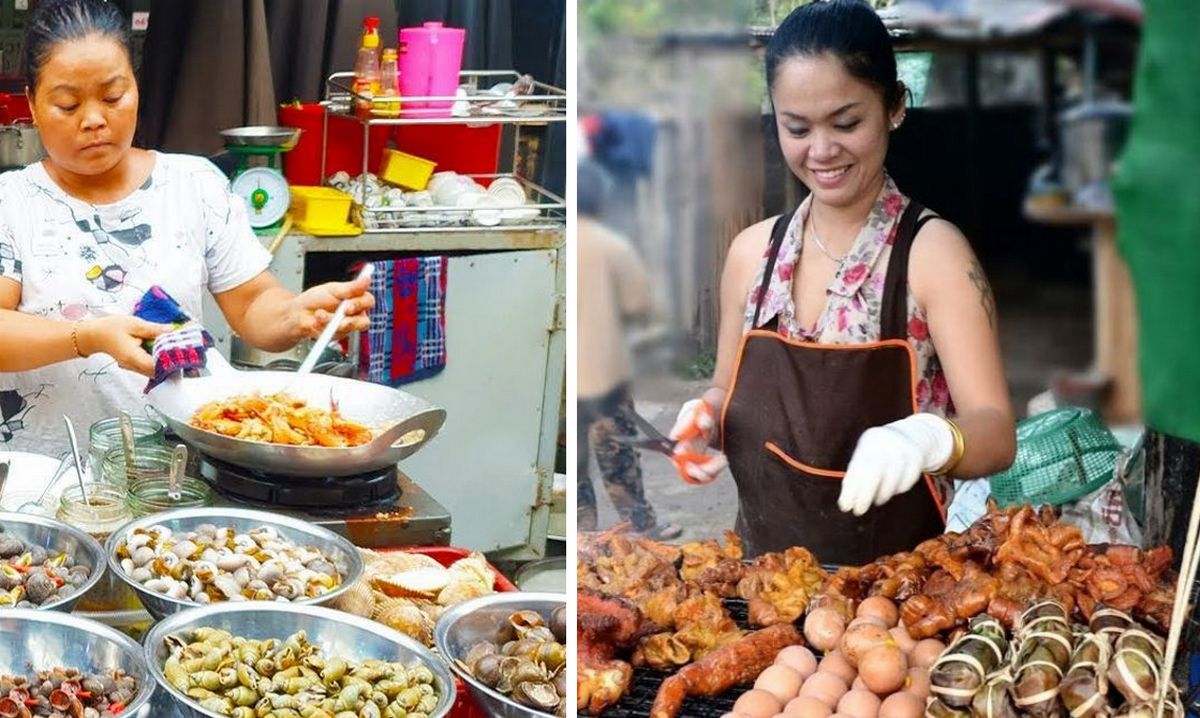In Thailand, doctors have warned tourists about the risk of contracting a dreaded infection known as meningitis, or “swine fever,” which is linked to the consumption of raw pork and blood. Doctors urged to refrain from ordering dishes with such ingredients in restaurants, especially before the New Year holidays.
Cases of “swine fever” have been recorded in Thailand, which have become more frequent. For example, from the beginning of January to November 25, 548 cases of meningitis were detected, 26 of which ended fatally. The city of Nakhon Ratchasima drew special attention from the Thai Department of Health, where the number of infections reached 130, and the death toll was 6. Among them are not tourists, but handymen, farmers, and housewives. However, travelers who come to Thailand have a desire to taste unusual dishes of local cuisine, especially since there are many messages on social networks that the consumption of raw meat is safe. However, as Dr. Tavichai Visanuitin, director of the Office for Disease Prevention and Control, warned, in combination with alcohol, the consumption of uncooked meat increases the risk of spreading the infection.
What is known about “swine fever”
The bacterium, the causative agent of the disease, is most often found in raw pork and blood. The disease is caused by streptococcus of the Suis group. This bacterium lives in the respiratory tract of pigs and the blood of infected pigs. It can be transmitted through skin cuts, scratches or mucous membranes. Infection is manifested by a sudden high temperature, headache, chills, confusion, joint pain, neck stiffness, and hearing loss.
With the winter holidays approaching, it is especially important to avoid tasting raw pork and salad with added blood, which are often found on Thai New Year’s menus. According to the doctor, the basic rules for cooking pork are as follows:
- Buy meat from verified suppliers
- When handling, wear personal protective equipment
- Cook thoroughly at a temperature above 70 °C for at least 10 minutes
- Use separate utensils for cutting and storing raw and cooked products

